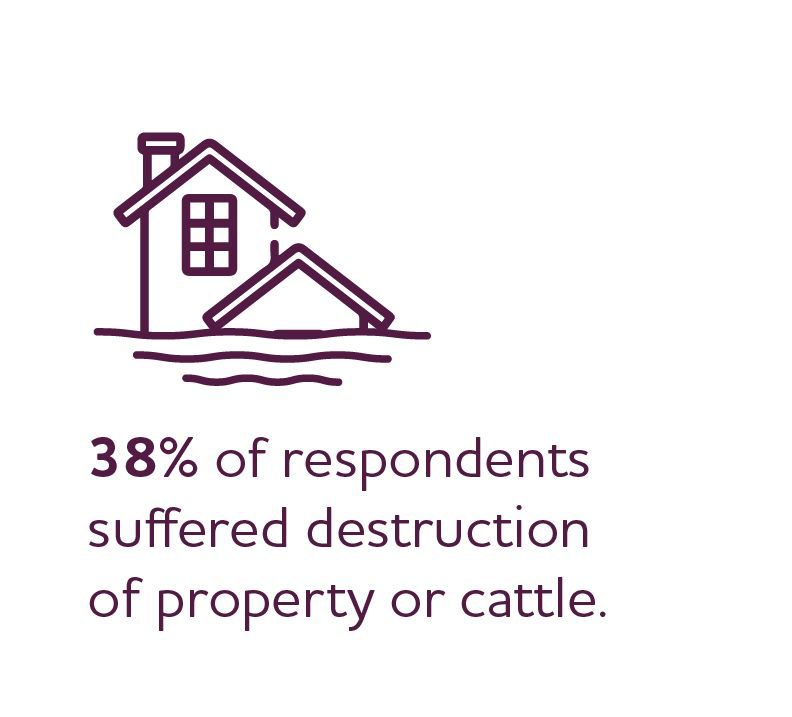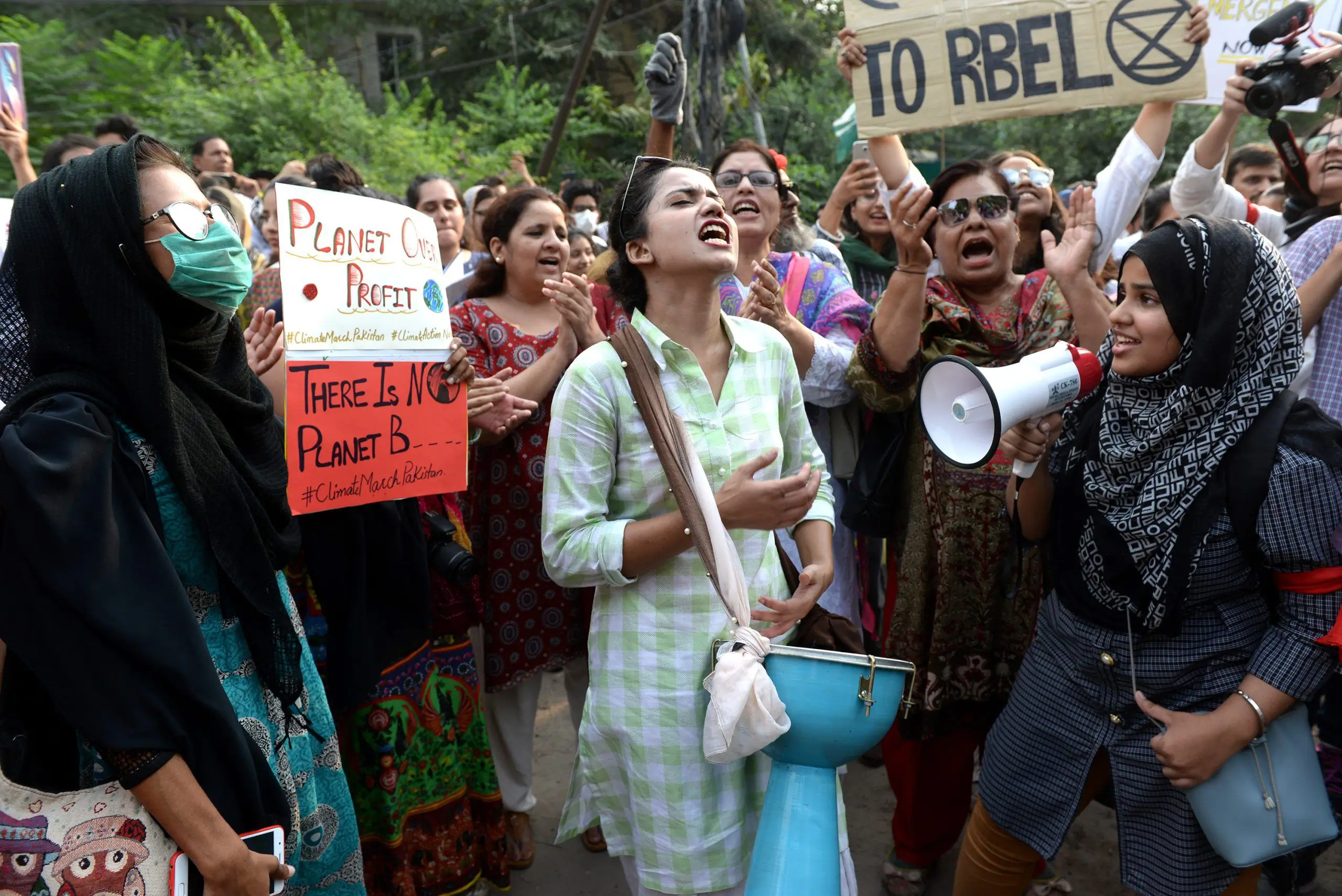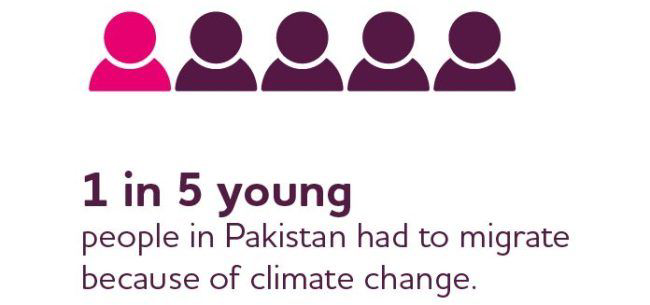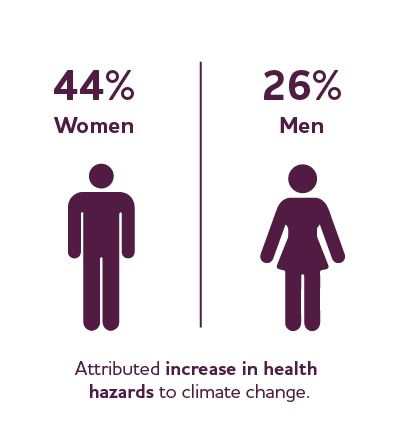Climate change is not just a threat for the future but an evolving crisis affecting lives right now. Ranked the 5th most climate change-impacted country in the 2020 Global Climate Risk Index, Pakistan is on the brink of a climate crisis.
And no one will feel the effects more than the country’s youth.
Monsoon rains are becoming less reliable, which damages food production. The glaciers in the Himalayas are receding, threatening the supply of drinking water and hydroelectricity. Droughts and floods are becoming ever more common, with thousands losing their homes and livelihoods.
Pakistan’s Ministry of Climate Change and the United Nations Development Programme (UNDP) joined forces with Viamo’s mobile technology to conduct a survey of the nation’s youth.
The survey gathered youth perspectives on climate action, based on how much young people know about the causes and effects of climate change, and how it has affected them.
Young people make up 68% of Pakistan’s population, and are crucial to building a climate-resilient future for the country. Cognizant of the potential for this segment of society to drive change, the Government of Pakistan prioritized youth engagement in its developmental interventions, mainstreaming youth in the process by leveraging their primary concerns and aligning them with national climate priorities. One of such being the effects natural disasters can have on the future livelihoods of young people.
The survey was disseminated in two parts:
- an online survey targeted at smartphone owning urban youth,
- a mobile (IVR) survey that could be answered on a simple mobile phone,
This ensured that a geographically and socioeconomically diverse group of young people could make their voices heard even if they had limited or no internet access.
Almost 9,000 people, aged 19 to 34, completed the online survey and over 5,500 participated in the IVR survey. Their answers showed the profound impact climate change is already having on their lives.
Survey results revealed that almost one in five young people across Pakistan has had to migrate because of climate change. The impacts are severe, with many seeing their homes partially or completely destroyed by natural disasters; some even losing loved ones along the way – not to mention school disruptions.
The survey also found a high level of engagement when it comes to tackling climate change. A third of respondents were already aware of the government’s environmental initiatives like Clean Green Pakistan, which has raised their awareness about climate change challenges.

Many young people want to be more involved in climate change and disaster planning, with 31% saying they want their opinions to be valued in the planning process, and 17% wanting more information provided, and to be involved in the follow-up process.
One interesting result of this study is that it showed a clear difference in the responses of young people based on how they connected to digital devices, revealing marked differences in understanding of cohorts that belonged to rural or urban areas. For those who took the online survey, the main problem they face in adapting to climate change is not having the money or resources. But for those who took the mobile survey (via Interactive Voice Response – IVR), lack of knowledge was the key barrier.
With these results, the Government of Pakistan has recently carried out two major interventions designed to mitigate climate change. The first one being the revision of the Nationally Determined Contributions (NDCs), due for publication soon. They have also begun developing a youth roadmap for climate change education in schools starting with the ongoing ‘Educate-the-Educator’ project aimed at teaching students about protecting the environment.
Valuable data collected will now feed into political discourse, meaning that young people’s views and opinions will provide a baseline to inform future policy. The Pakistani government will be able to draw on the findings of the report to get an in-depth understanding of young people’s perceptions of the causes and impacts of climate change and the most urgent priorities to reduce its harm. This will in turn help in building a climate-resilient society in which youth are an integral part.






